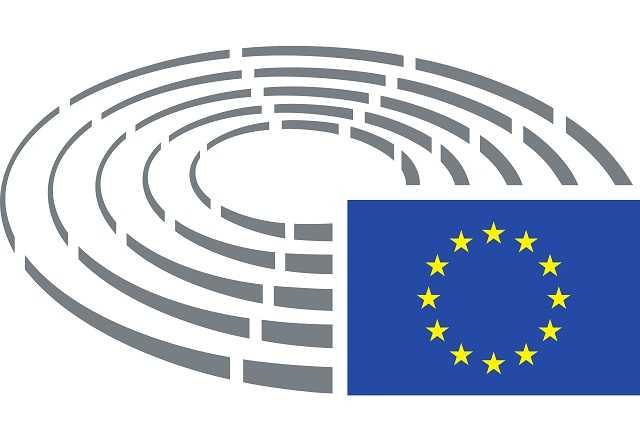STRASBOURG, France – On Thursday, the European (EU) Parliament adopted its position for negotiations with member states on rules to integrate human rights and environmental impact into companies’ governance. Companies, including roasters and coffee importers, will be required to identify, and where necessary prevent, end or mitigate the negative impact of their activities on human rights and the environment such as on child labour, slavery, labour exploitation, pollution, environmental degradation and biodiversity loss.
They will also have to monitor and assess the impact of their value-chain partners including not only suppliers but also sale, distribution, transport, storage, waste-management and other areas.
The new rules will apply to EU-based companies, regardless of their sector, including financial services, with more than 250 employees and a worldwide turnover over 40 million euro as well as to parent companies with over 500 employees and a worldwide turnover of more than 150 million euro. However, non-EU companies with a turnover higher than 150 million euro, if at least 40 million was generated in the EU, will also be included.
Directors’ duty of care and company’s engagement with stakeholders
Companies will have to implement a transition plan to limit global warming to 1.5° and in the case of large companies with over 1000 employees, meeting the plan’s targets will have an impact on a director’s variable remuneration (f.e. bonuses). The new rules also require firms to engage with those affected by their actions, including human rights and environmental activists, introduce a grievance mechanism and regularly monitor the effectiveness of their due diligence policy. To facilitate investors’ access, information about a company’s due diligence policy should be also available on the European Single Access Point (ESAP).
Sanctions and supervisory mechanism
Non-compliant companies will be liable for damages and can be sanctioned by national supervisory authorities. Sanctions include measures such as “naming and shaming”, taking a company’s goods off the market, or fines of at least 5% of the net worldwide turnover. Non-EU companies that fail to comply with the rules will be banned from public procurement in the EU.
According to the text adopted, the new obligations would apply after 3 or 4 years depending on the company’s size and smaller companies will be able to delay applying the new rules by one more year.
Parliament’s negotiating position was adopted with 366 votes in favour, 225 against and 38 abstentions.
The EU Green Deal
This regulation is part of the EU Green Deal that was presented in 2019 and focused on transforming the EU into a fair and prosperous society, said Isabelle Lemmens, Sustainability Manager for European Coffee Federation. The objectives are to deliver more sustainable products in response to consumer demands, reduce the EU’s contribution to global deforestation and to encourage partner countries to protect their forests.
“The mandatory due diligence rules are applicable to everyone putting relevant products on the EU market or exporting from the EU,” she added. These products must be deforestation free, must be legal in the country where they were produced and must have a due-diligence statement attesting to the fact that the product is deforestation free.
All coffee must be traceable
The new regulation mandates that all coffee be traceable to an individual farm, and this will take a lot of effort across the supply chain. “Most importers in the EU supply chain will struggle to meet these new regulations,” according to Justin Archer, Head of Sustainability at Sucafina. Currently, a lot of coffee is sourced through intermediaries that aggregate coffee into blends. These coffees are not easily traceable to individual farms. This is because historically the vast majority of European consumers weren’t willing to pay the necessary premium required for traceable and sustainable coffee.
“In origins with very small farms the cost of compliance will be especially prohibitive and some of these costs will end up being borne by producers,” Archer added.
At the same time, there is an immense potential for value addition that will bring better profits to companies and farmers alike, concluded Sucafina.










